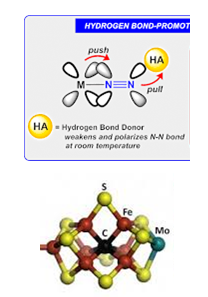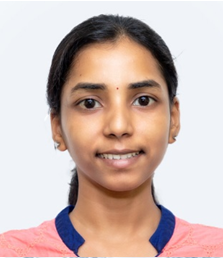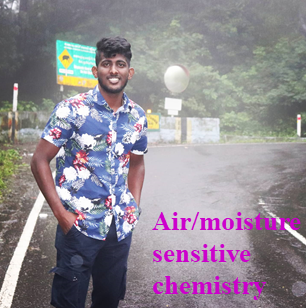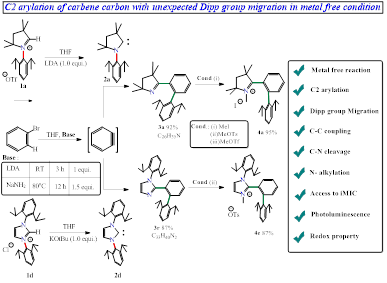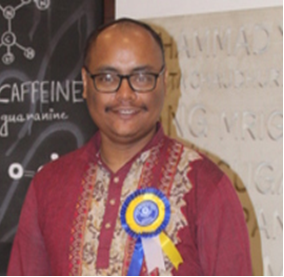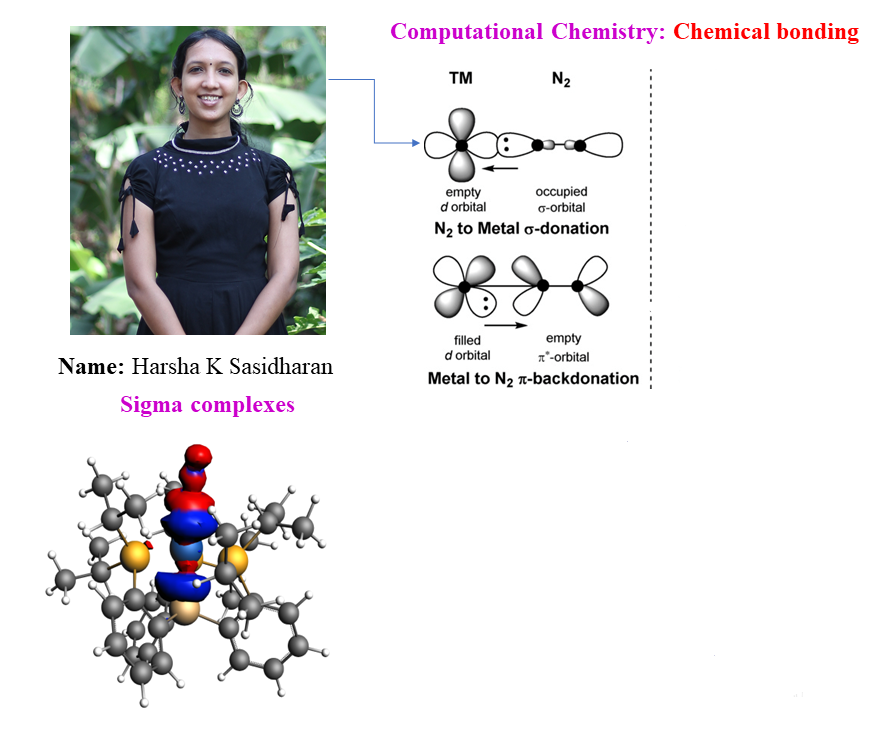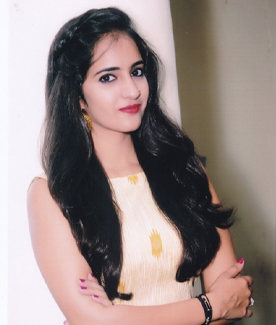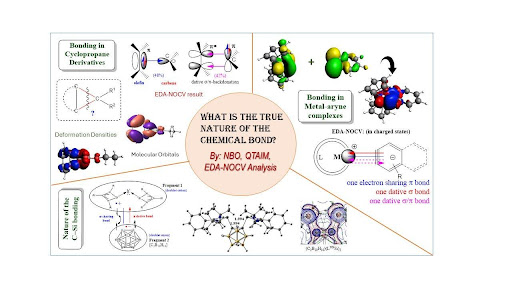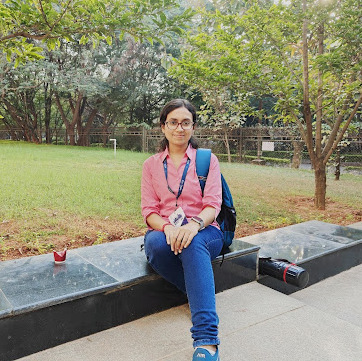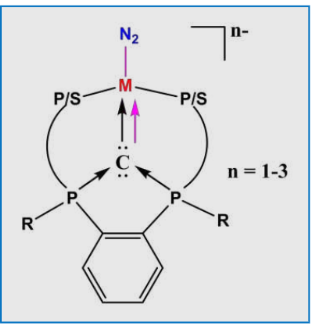Name: Saurav Ghosh
Email: ghoshsaurav96@gmail.com, cy20d144@smail.iitm.ac.in
Research Area: Synthesis of Organometallic Complexes-Fluorescence and Magnetic Studies
Expertise in: Coordination and Organometallic Chemistry, Magnetochemistry, All types of spectroscopy, and Chemistry of main group elements
Why I chose this research topic:
Organometallic Chemistry is one of the most advanced and active research topic of Inorganic Chemistry. It has garnered the interest of the modern day chemists, due to the unique structural and remarkable bonding features, these compounds exhibit. These compounds find innumerable practical applications, as they form the bridge between the Inorganic and Organic Worlds. I am interested in the synthesis of transition and inner-transition metals based organometallic compounds. Thereafter, I want to study their fluorescence, magnetic and electronic properties, and would like to hunt for their applications in the practical world.
My views on Science:
Science, according to me is not just a subject. It is far beyond that. It provides a way to observe the various things happening in our body, and in our surroundings, and compels us to think how fascinating is the entire world. This stimulates us to discover the various mysteries present in this world. Science is that knowledge hub, which has the solutions for all themysterious and fascinating queries, occurring in our mind.
Hobbies: During my free time, I like reading novels. I am also fond of watching football and movies. Additionally, I love playing Basketball. I was a state level Basketball champion, during my schooldays in Dehradun.

